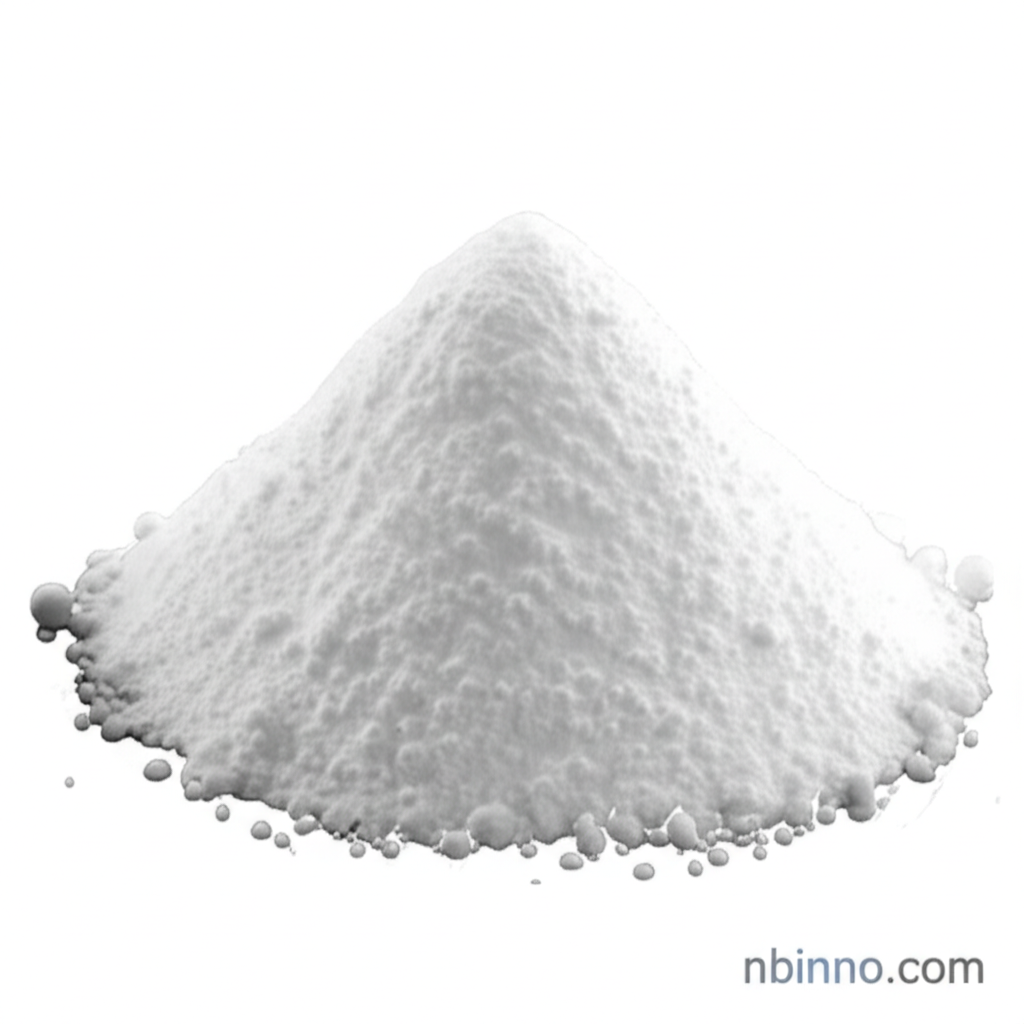Amiodarone Hydrochloride CAS 19774-82-4: A Comprehensive Guide
Explore the detailed properties, applications, and pharmacological significance of this vital anti-arrhythmic compound.
Get a Quote & SampleProduct Core Value

Amiodarone Hydrochloride
Amiodarone Hydrochloride (CAS 19774-82-4) is a critical Class III anti-arrhythmic drug, widely recognized for its efficacy in treating various cardiac dysrhythmias. It functions by inhibiting multiple ion channels and adrenergic receptors, thereby prolonging the action potential and refractory period of cardiac cells. This comprehensive profile delves into its chemical structure, therapeutic applications, and significant pharmacological actions.
- Explore the unique pharmacological actions of amiodarone hydrochloride, inhibiting ion channels like Na+, Ca2+, and K+, alongside adrenergic receptors. This broad mechanism contributes to its effectiveness in managing complex arrhythmias.
- Understand the critical role of amiodarone hydrochloride CAS 19774-82-4 in treating ventricular fibrillation and ventricular tachycardia, offering a lifeline for patients with life-threatening heart rhythm disorders.
- Learn about the absorption, distribution, metabolism, and excretion (ADME) of amiodarone hydrochloride, crucial for understanding its prolonged half-life and therapeutic monitoring.
- Discover the potential side effects and warnings associated with amiodarone hydrochloride, including pulmonary toxicity and peripheral neuropathy, essential knowledge for safe clinical use.
Key Advantages and Applications
Broad Therapeutic Spectrum
The primary advantage of amiodarone hydrochloride lies in its broad efficacy across various cardiac arrhythmias, making it a cornerstone in managing conditions like ventricular tachycardia and fibrillation.
Multichannel Ion Channel Inhibition
Its unique mechanism of amiodarone hydrochloride pharmacology, involving the inhibition of sodium, potassium, and calcium channels, differentiates it from other antiarrhythmics and enhances its effectiveness.
Established Clinical Use
With decades of clinical use, amiodarone hydrochloride uses are well-documented, providing a reliable treatment option for patients refractory to other medications, reinforcing its established role in cardiovascular medicine.
Key Applications
Cardiac Arrhythmia Treatment
The primary application of amiodarone hydrochloride is in the treatment of life-threatening cardiac arrhythmias such as ventricular tachycardia and ventricular fibrillation, where its antiarrhythmic properties are critical.
Cardiovascular Health Management
Beyond acute treatment, it plays a role in the long-term management of cardiovascular health for patients prone to recurrent arrhythmias, contributing to improved patient outcomes and quality of life.
Pharmaceutical Research and Development
As a complex molecule, amiodarone hydrochloride synthesis is a subject of interest in pharmaceutical R&D, driving innovation in drug manufacturing processes and impurity profiling.
Understanding Drug Interactions
Knowledge of its pharmacological profile, including its extensive interactions with cytochrome P450 enzymes, is vital for healthcare professionals managing patients on amiodarone therapy.
